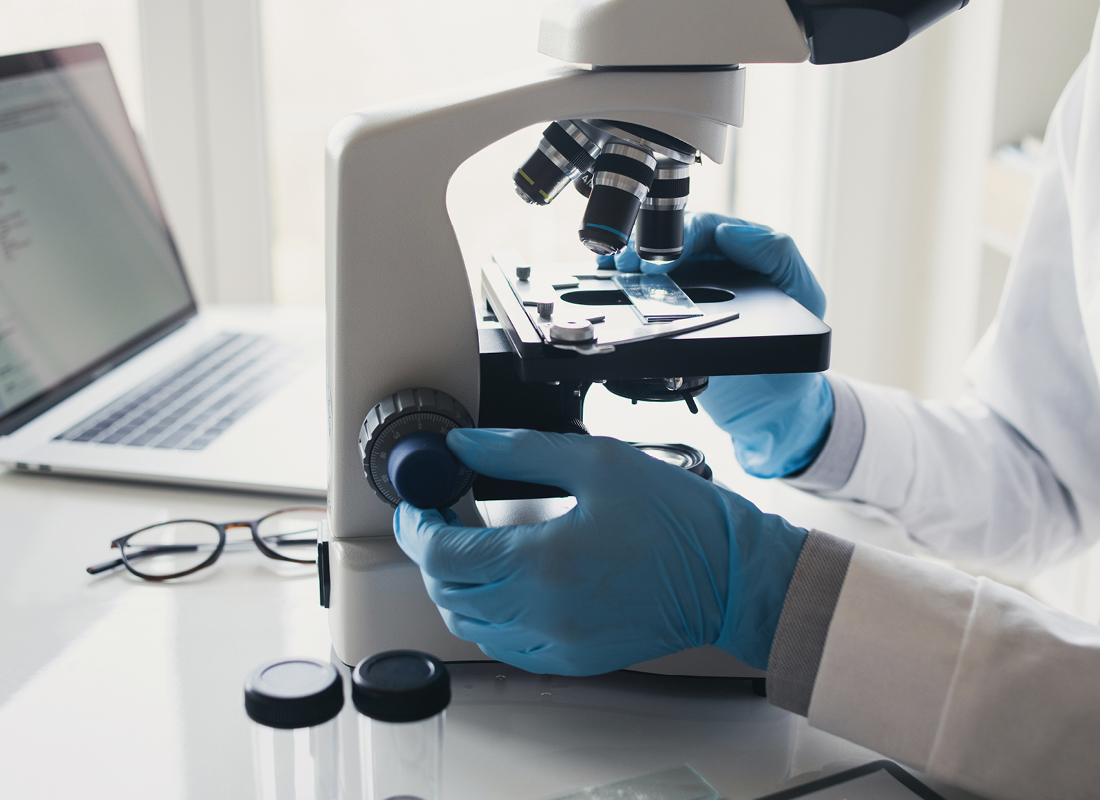AACC Calls on Laboratories to Take Measures to Minimize Risks of Biotin Interference
Biotin interference with test accuracy has become a matter of growing concern in recent months. Last November, the U.S. Food and Drug Administration (FDA) updated a previous safety communication warning laboratory personnel, diagnostic test developers, providers and patients that biotin can lead to incorrect laboratory test results. And now the laboratory community has responded with the American Association for Clinical Chemistry (AACC) issuing new guidance to help clinicians, laboratory professionals and patients keep biotin from interfering with test results. Biotin Blinding Biotin, or Vitamin B7, is a water-soluble vitamin commonly used as an ingredient in multi-vitamins, prenatal vitamins and dietary supplements that are marketed for hair, skin and nail growth. Biotin’s property of bonding with specific proteins that can be measured to detect certain health conditions, make it a natural for laboratory testing. For example, biotin is a key ingredient in many immunoassays. The problem with biotin-based detection methods and technology is that biotin can also distort laboratory test results and generate both false highs and false lows. This is especially true when testing is performed on patients that consume high levels of biotin. And because of B7’s widespread use in commercial products, high biotin consumption is far from unusual. […]

Subscribe to Clinical Diagnostics Insider to view
Start a Free Trial for immediate access to this article